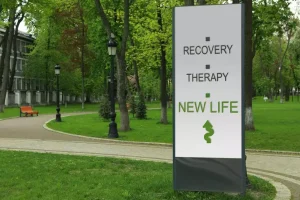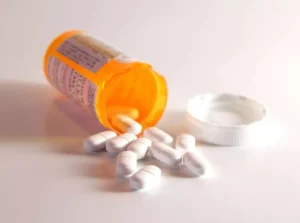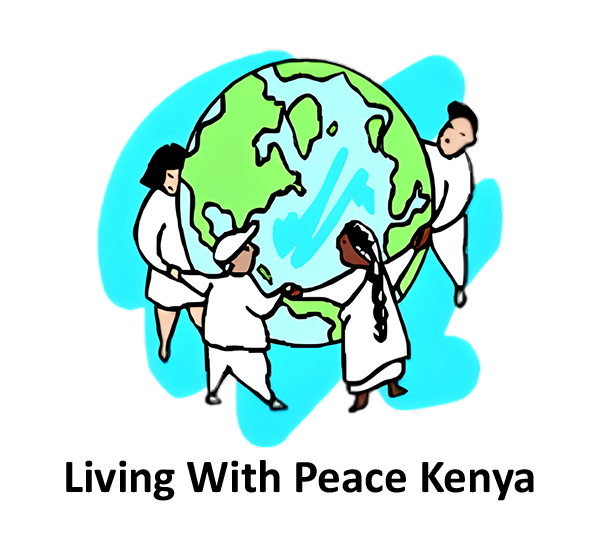
The effects both can happen right away and develop over the long-term. “Almost every category of sleep disorders can be adversely affected by alcohol use, specifically chronic alcohol use,” says Dr. Foldvary-Schaefer. Light sleep tends to be more prevalent in the first few hours after hitting the sheets.

Risk Factors of Insomnia

Alcohol also affects people with central sleep apnea (CSA), which occurs when the brain periodically stops sending certain signals involved in breathing. Alcohol interferes with the brain’s ability to receive chemical messages involved in breathing, which decreases the body’s respiratory drive and increases the likelihood of pauses in breathing. Research shows that regular alcohol intake can reduce sleep quality over time, potentially causing issues such as insomnia. In this article, we’ll dig into the inquiries encompassing Alcohol prompting Insomnia, its withdrawal impacts, the kinds of alcohol that influence sleep the most, and systems to moderate its effect on your sleep quality. To chase a decent night’s sleep, numerous people go to different techniques to guarantee their serenity.
2. Assessment of Alcohol Consumption
- Furthermore, don’t allow the sweet creations to trick you; they could taste brilliant, yet they can release bedlam on your rest.
- If that’s not enough, speak to your medical practitioner about meds that are specific to alcohol detox to help the over-stimulated nervous system successfully regain its equilibrium.
- Alcohol-dependent patients with insomnia are more likely to report using alcohol to improve sleep than those with out insomnia(41).
- Adenosine has sleep-promoting inhibitory effects on the central nervous system, including the acetylcholine system, which it exerts at adenosine receptor sites (Jones 2000).
- Creating a consistent pre-sleep routine can also be effective for dealing with insomnia after quitting alcohol.
- As the name implies, GHRH also stimulates the release of growth hormone, although the sleep-promoting action of GHRH does not depend on growth hormone.
Alcohol-dependent patients are commonly told to focus on abstinence and sleep improvement will follow. This approach will be unacceptable to many because sleep disturbances can persist despite prolonged abstinence. Therefore, sleep disturbance during early recovery should be monitored closely with careful consideration of both behavioral and pharmacological treatment. Brower et al. reported that patients who report symptoms of insomnia do not necessarily think of themselves as having insomnia, just as alcoholics do not accept labeling (41). Alcoholics at risk for relapse are easily identifiable by routine questions about sleep (4).
Evidence-based Alcohol Addiction Treatment
One of these symptoms is insomnia, difficulty getting to sleep or staying asleep. While alcohol withdrawal insomnia can be disruptive, you can do many things to offset it and get a full night’s sleep. Whether you listen to calming music, read a book, or take a warm bath, establishing a relaxing evening routine will help improve your sleep. Avoid watching TV and using your phone, tablet, or laptop prior to winding down as these activities can trigger your brain to stay awake longer, resulting in sleep disturbances. Limiting the usage of bright screens at least 30 minutes prior to bedtime can help your mind and body slow down and relax.
- While the urge to reach for a cup of coffee during withdrawal might be strong, caffeinated drinks can worsen your sleep struggles.
- And the more water your kidneys release, the higher the chances you’ll get dehydrated.
- When she quit drinking in 2019, she dedicated herself to learning about alcohol’s influence on the brain and how it can cause addiction.
- Noradrenaline activity is enhanced during alcohol withdrawal (Hawley et al. 1985), which likely contributes to increased arousal during the early withdrawal phase.
Since alcohol can cause lightheadedness and sedation, people assume it can be a makeshift sleep medicine. Sometimes, people connect their insomnia with alcohol use and vice versa. It’s also a common practice for some people to treat insomnia by consuming alcohol. Treating these conditions may be necessary as some individuals experience insomnia due to other health issues. A 2019 study showed that individuals who sleep for under 6 hours does alcohol cause insomnia each night have a 20% higher chance of heart attack than individuals who sleep between 6 and 9 hours.
Upgrade your bedding
Though alcohol may help you fall asleep faster, it can disrupt the important REM stage of your sleep cycle, leading to lack of sleep or sleep disorders like insomnia. It’s common for someone who’s alcohol-dependent to experience long-term sleep problems since insomnia and other sleep disorders are typical symptoms of alcoholism. Sleep apnea is a sleep disorder where breathing starts and stops throughout the night, often resulting in snoring and reduced quality of sleep. Alcohol can relax your upper airway muscles, exacerbating sleep apnea symptoms. Research shows that excessive alcohol use can increase the risk of sleep apnea by 25%.² Alcohol can also trigger sleep apnea for someone who previously didn’t experience it. This test is a brief self-reported alcohol screening test effective https://ecosoberhouse.com/article/alcohol-addiction-its-most-important-signs/ for assessing unhealthy alcohol use.
Addiction Destroys Dreams, We Can Help

It’s important to note, however, that these are usually a short-term solution and should be used under a healthcare provider’s guidance. Think of it as the brain’s way of protesting against the sudden absence of a depressant (alcohol) it had grown accustomed to. Consequently, there’s an uptick in wakefulness at times when sleep should naturally occur. It’s a pendulum that swings back with a vengeance, causing sleep woes.
You may notice how exhausted you feel after a restless night, but you may not realize how severe the long-term effects can be when you’re consistently under-rested. Sleep deprivation can leave you vulnerable to illnesses, weight gain, diseases, mental health and mood issues and mental acuity problems. In addition to medication assisted treatment, alcoholism individual, group, and family therapy can address the underlying issues contributing to alcohol addiction and insomnia. Therapy can help individuals develop healthy coping mechanisms and tools to manage anxiety and other symptoms of alcohol withdrawal. Stopping alcohol is a smart health decision but can cause short-term symptoms during detox.

